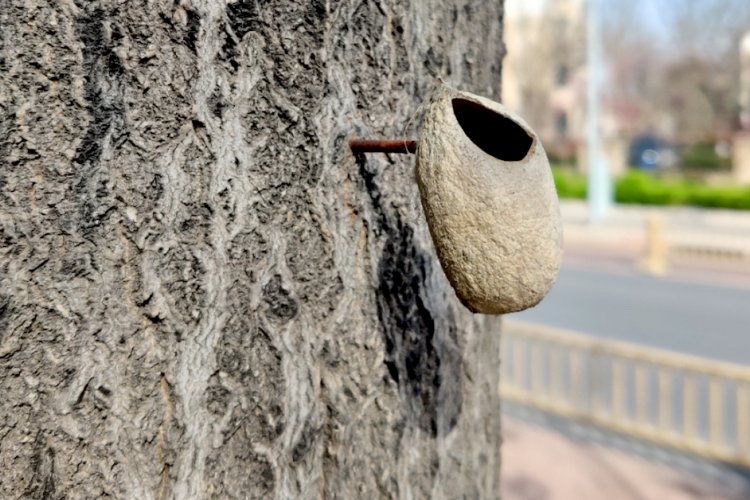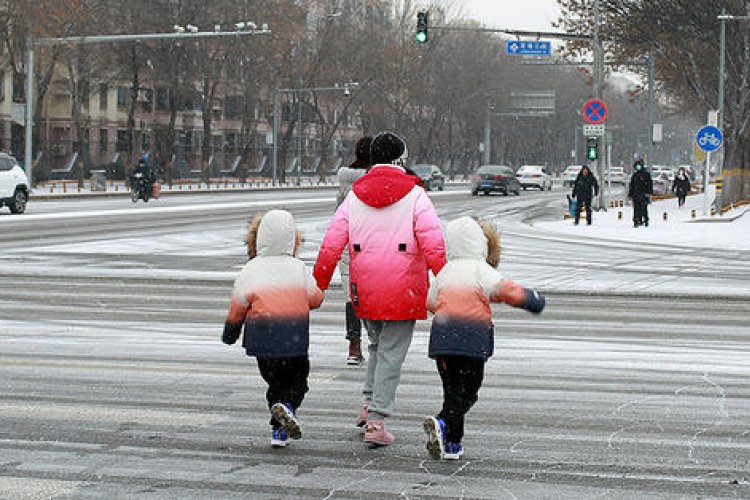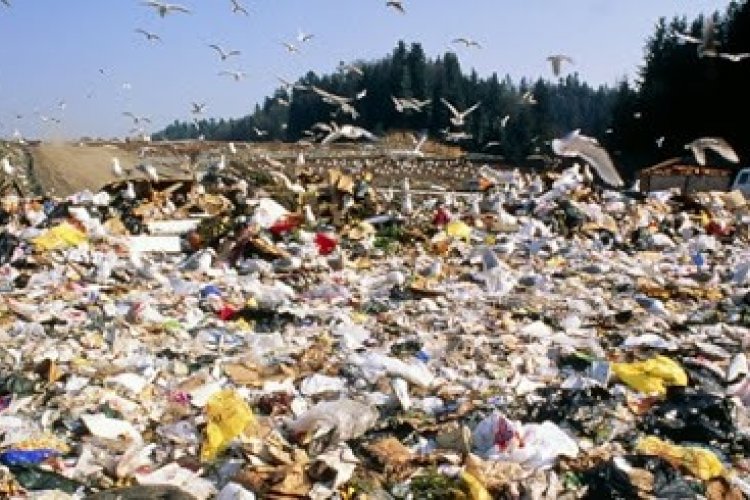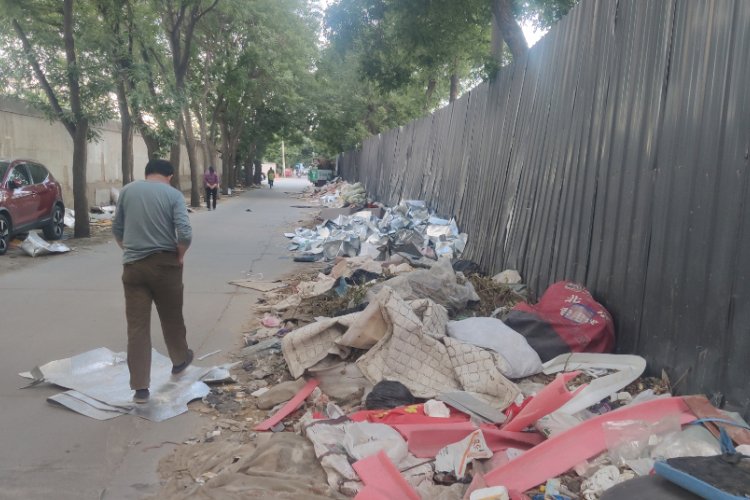Beicology: UN and Top UK Scientists Praise Ever-Greening Beijing
How bad is the smog these days, really? Who is keeping tabs on the state of our drinking water? What has the government done about carbon emissions lately? In Beicology we turn our focus toward environmental news in the capital.
Beijing Declared a Green Innovator by the UN
In a recent video released on its environment website, the United Nations declared our fair city to be a “clean capital.” Such complimentary language is, of course, all the more meaningful given Beijing's headline-grabbing, globally derided smog levels over the years, until government cleanup efforts began gaining traction as of late.
Those latest smog-busting efforts have been so effective, in fact, that the introduction to the UN video reads: “In only five years annual fine particle levels in Beijing's air fell by 35 percent." From there the video points out how "no other city on the planet has achieved such a rapid reduction of air pollution" along with citing improved vehicle and fuel standards and cleaner public transit as major factors in the city's successful fight against pollution, among other notable accomplishments. Time lapses of the Chinese capital's blue sky, electric busses, and other scenes play while environmental stats and figures scroll across the screen.
Top UK Scientists Call Beijing Electric Vehicle World Capital
The UN isn't the only international organization praising Beijing's environmentally friendly strides as of late. Further kudos has come courtesy of the Tyndall Center, a British organization comprised of scientists, economists, engineers, and social scientists, which recently dubbed Beijing to be the electric vehicle (EV) capital of the world.
Its researchers pointed to a surge in electronic vehicle prioritization by the Chinese capital's municipal government. Those Beijing officials want to push the total of 17,000 EVs sold in Beijing in 2018 (lifting the total of battery electric vehicles in the capital to 188,000) to a far higher sales total of 400,000 in 2020.
Lofty as that goal might seem, officials won’t need to reach it to make significant gains against air pollution, at least according to the Tyndall Center. They say toxic CO2 emissions in Beijing could drop to 38,280 tonnes per weekday, provided EVs only reach 40,000 sales in the city by next year.
Fewer Bumps In Beijing Electric Vehicle Road?
The Tyndall conclusions no doubt come as good news for anyone concerned about Beijing’s recent slashing of EV subsidies for such cars with a range below 250km. More galling still is the news that pricier EVs may have their subsidies reduced by as much as 60 percent.
However, an article about the Tyndall findings on Air Quality News points out that the Chinese capital has a plan to offset losses resulting from buyers deterred by those gutted subsidies. “Beijing currently plans to reach its target of 400,000 EVs by 2020 by increasing EVs in taxis, public transport, and logistics, while continuing to promote the electrification of buses and vehicles for its postal services.”
Whether or not that policy makes up for the sales shortfalls in the wake of the subsidy cuts remains to be seen, but for now, those of us hoping for even more blue skies can take heart in the local government's growing clean vehicle initiatives.
It's not just cleaning up that we're good at – Beijing was just ranked the fourth most innovative city in the world.
More stories by this author here.
Email: kylemullin@truerun.com
Twitter: @MulKyle
Instagram: mullin.kyle
Photo: Bloomberg







